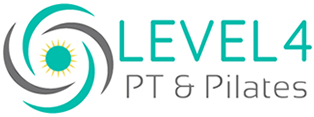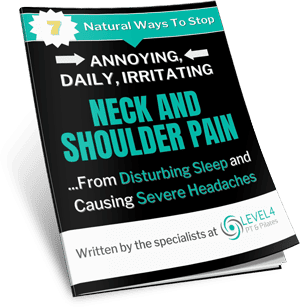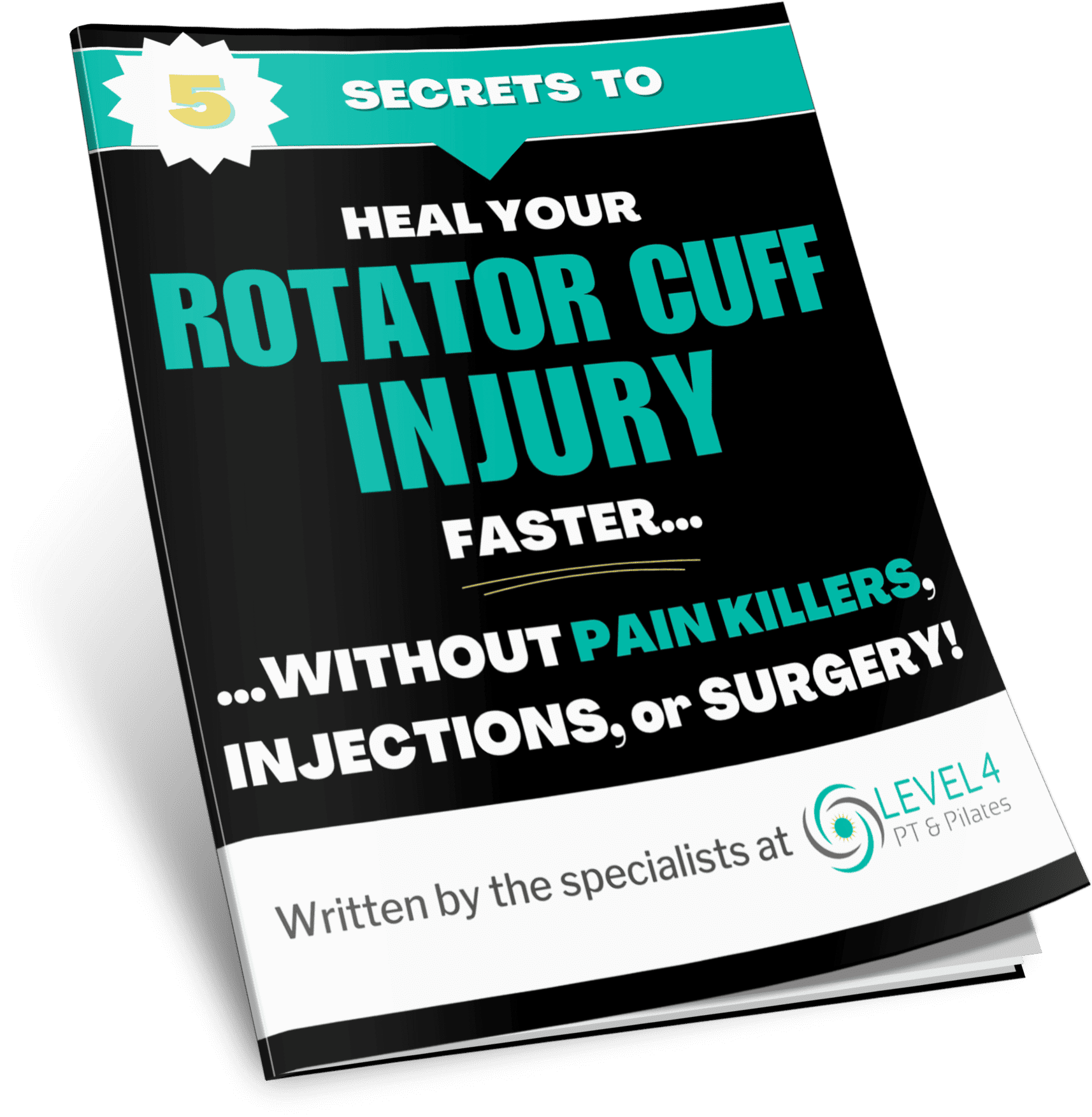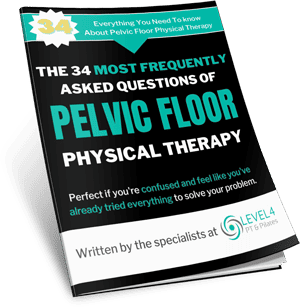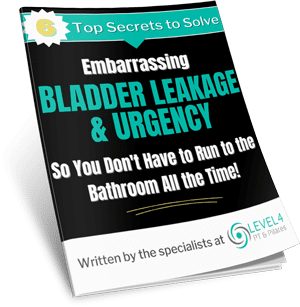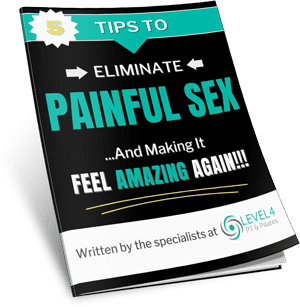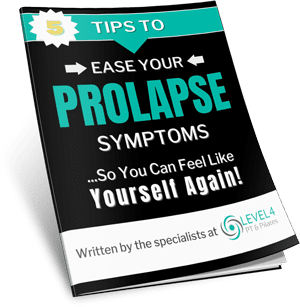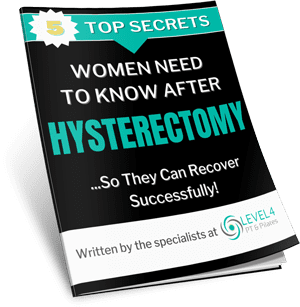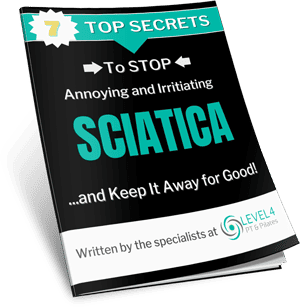
I would like to share a question a current client asked me about "cracking" or "popping" her back". It's a question I get asked quite often so I wanted to share with you.
"I have recently gotten into the habit of cracking my back whenever I feel muscle stiffness or back pain. The reason I do it is that whenever I pop or crack my back, I find it relieving. But I have recently noticed that as time goes on, the length of time in which I feel that relief dramatically decreased to the point where it eventually does not help anymore. Why does cracking or popping my back initially give my back pain some relief, but lately it hasn't been helping much?" - Concerned Client
Cracking Or Popping My Back
It's important to explain one thing about the physiology of how a pop or a crack occurs.
Inside your joints in your spine are no different than the joints in your fingers, in your hip, or even into your knee or ankle.
They all have cartilage... they all have fluid... and they're all contained or surrounded by a joint capsule.
And inside that joint capsule, the fluid, which has a component of nitrogen, under normal circumstances nitrogen is a liquid.
When you have that pop or crack and you feel that sense of relief, what's now happened is that has converted from a liquid now to a gas.
I want you to think of it like a bottle of champagne.
If you got the cork in the top, that gas, which in that case is carbon dioxide, is under pressure, and it is also in a liquid form.
But the second you remove that cork and you see the bubbly come out, that pressure is now being relieved and the carbon dioxide is released in the form of bubbles.
Why Does It Provide Relieve?
Why is it that it only provided her relief for a short time period?
Well, the reason for that is mechanoreceptors, which are these little nerve endings inside your joints and inside your back that relay information to your brain.
And what they do is they tend to inhibit the pain fibers that run into your brain.
So, again, it's only temporary though.
If the problem was strictly just in the brain, then it might be assisting.
But unfortunately, the root cause of her problem came from somewhere else.
Finding The Cause
With a proper examination, we were able to identify that part of her issue was actually the weakness of the surrounding musculature into her back, into her hips, and also related a bit to her posture.
So, we identified these problems and came up with a program that focused primarily on those issues.
We first educated her on not popping her back, or the attempt to resist that. To some people, that can be very, very difficult to do.
We then gave her education on posture, and we gave her exercises that related to improving her posture.
And then lastly, we gave her very specific exercises that targeted the areas where she exhibited the greatest weakness that we felt contributed to her problem.
After working with her for a month, she did great and her symptoms were almost nearly gone.
She is also now at a point where she's managing using a home exercise program.
We were able to accomplish this very quickly for her. This was awesome for her but does often take some time to make a full recovery.
Now that doesn't happen all the time... It definitely was one that we enjoyed having the opportunity to help her because she's so much happier now. She's back to doing her athletic activities, and she's definitely enjoying not being in pain all the time.
What To Do Next
So if you'd like to find out more information about this, go to our back pain page and there you'll find a lot of useful information. Here is a quick video that discusses back pain and what can be done to help relieve it (VIDEO).
We hope that you find this information helpful.
And if you have any other questions, don't be afraid to reach out.
Dedicated to your health.
Dr. Oscar, DPT, SPT, MTC, CSCS, SFMA 😉
- Can Physical Therapy Help My Muscles After Having Covid? - January 26, 2022
- The Real Story Behind What’s Causing Your Sciatica - August 30, 2021
- Should I Have Surgery to Repair a Tear in My Rotator Cuff? - February 9, 2021
